migrants
Filter by...
-
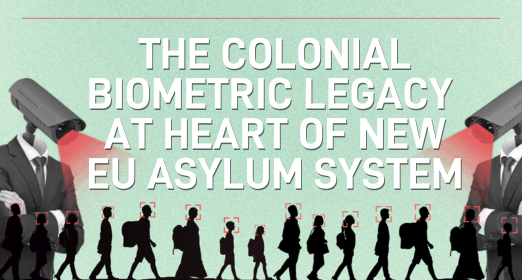
The colonial biometric legacy at heart of new EU asylum system
On Wednesday (10 April), the EU is set to vote on a new set of asylum and migration reforms. Among the many controversial changes proposed in the new migration pact, one went almost unnoticed — a seemingly innocent reform of the EU's asylum database, EURODAC. Although framed as purely technical adjustments, the reality is far more malicious. The changes to EURODAC will massively exacerbate violence against people on the move.
Read more
-
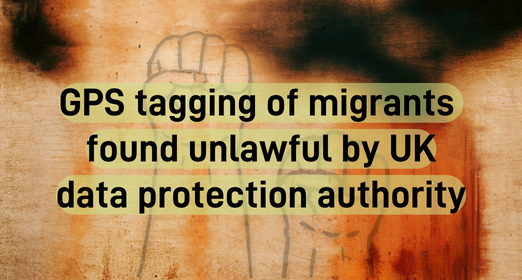
GPS tagging of migrants found unlawful by UK data protection authority
As a result of Privacy International’s 2022 complaint against the UK Home Office, the UK data protection authority (ICO) has found that the GPS tagging of migrants and asylum seekers arriving to the UK small boats was unlawful, and issued a formal warning for all future data protection compliance of GPS tagging as a whole. This is a major step towards better scrutiny of the human rights implications of the surveillance of migrants.
Read more
-
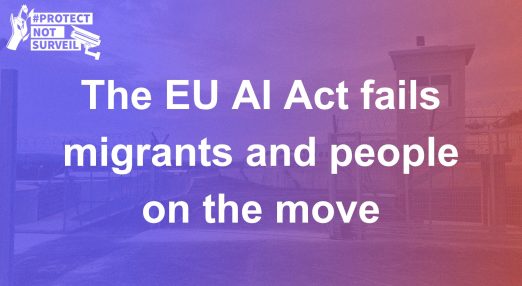
#ProtectNotSurveil: The EU AI Act fails migrants and people on the move
The #ProtectNotSurveil coalition is calling attention to how the EU AI Act - adopted by the European Parliament on March 13 - is failing to prevent harm and provide protection for migrants and people on the move.
Read more
-
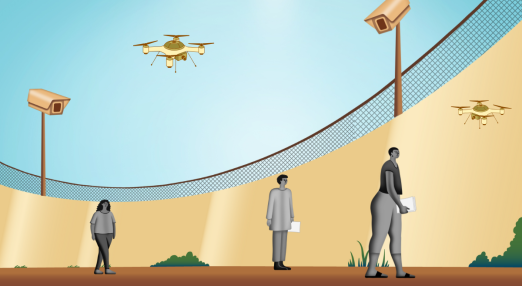
Unchecked AI will lead us to a police state
Across Europe, police, migration and security authorities are seeking to develop and use AI in increasing contexts. From the planned use of AI-based video surveillance at the 2024 Paris Olympics, to the millions of EU funds invested in AI based surveillance at Europe’s borders, AI systems are more and more part of the state surveillance infrastructure.
Read more
-
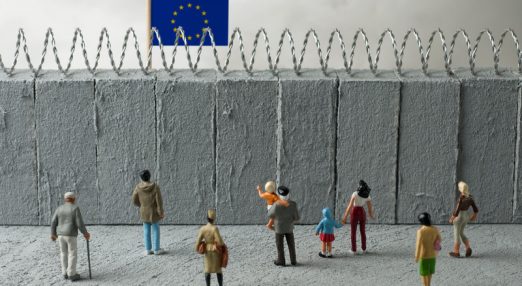
The EU must respect human rights of migrants in the AI Act
Amnesty International Secretary General Agnès Callamard has sent an open letter calling on the Rapporteurs and members of leading committees on the EU Artificial Intelligence Act (AI Act) to prohibit the use of certain artificial intelligence (AI) systems which are incompatible with human rights of migrants, refugees, and asylum seekers in the AI Act.
Read more
-
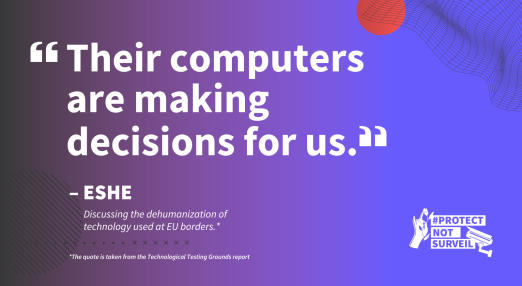
#ProtectNotSurveil: EU must ban AI uses against people on the move
As the European Parliament regulates the most harmful AI technologies, a coalition of civil society calls on the EU to #ProtectNotSurveil people on the move.
Read more
-

Challenging the use of GPS tags to monitor asylum seekers in the UK
The latest rollout of GPS tags to monitor migrants is another step in creating a 'hostile environment' for asylum seekers in the UK.
Read more
-

UK High Court rules blanket seizure of asylum seekers’ phones breached Article 8 ECHR
On 25 March 2022, the UK High Court ruled that the Home Office acted unlawfully and breached human rights and data protection laws by operating a secret, blanket policy of seizing, retaining and extracting data from the mobile phones of asylum seekers arriving by small boat to UK shores between April and November 2020.
Read more
-

Technologies for border surveillance and control in Italy
This research points out that identification and categorisation systems for migrants, refugees, and asylum-seekers, rely on vast quantities of biometric data including fingerprints and facial images. It is, however, often difficult to assess how these procedures are managed. Upon identification, the aforementioned groups have limited knowledge and awareness about where and how their personal and biometric data are going to be stored and used, hindering them from countering the pressure that this flow of information puts on their subsequent living conditions in Italy and in the European Union.
Read more
-

European court supports transparency in risky EU border tech experiments
The Court of Justice of the European Union has ruled that the European Commission must reveal initially-withheld documents relating to the controversial iBorderCtrl project, which experimented with risky biometric ‘lie detection’ systems at EU borders. However, the judgement continued to safeguard some of the commercial interests of iBorderCtrl, despite it being an EU-funded migration technology with implications for the protection of people’s rights.
Read more
-
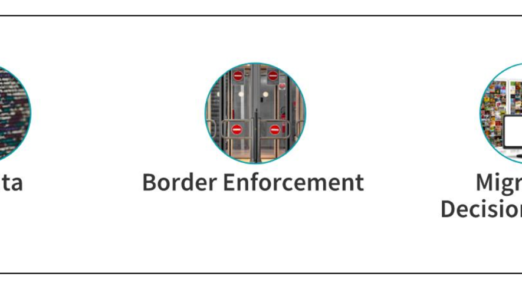
The human rights impacts of migration control technologies
This is the first blogpost of a series on our new project which brings to the forefront the lived experiences of people on the move as they are impacted by technologies of migration control. The project, led by our Mozilla Fellow Petra Molnar, highlights the need to regulate the opaque technological experimentation documented in and […]
Read more
-

Fighting for migrants’ data protection rights in the UK
Since 2014, the United Kingdon (UK) government has steadily rolled out policies to make the country a “hostile environment” for migrants, in the words of Prime Minister Theresa May.
Read more
